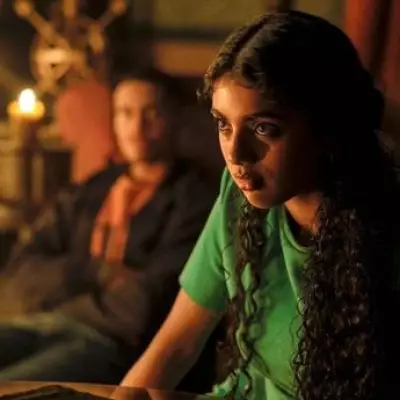
Twenty-five years ago, a social experiment arrived on British screens that would irrevocably alter the landscape of television. Big Brother, with its iconic eye logo and simple premise—strangers living together in a house, cut off from the outside world—wasn't just a new show; it was a cultural phenomenon in the making.
The early series were less about fame-hungry contestants and more about a genuine, if contrived, sociological study. The public was enthralled by the mix of personalities, the inevitable conflicts, and the mundane tasks that somehow became must-see TV. It created water cooler moments on a national scale, making household names of ordinary people like the triumphant Nadia Almada and the hilariously dramatic Nikki Grahame.
The Evolution of a Format
Over two and a half decades, the show has morphed significantly. What began as a slow-burning observation of human interaction gradually embraced the glitz, drama, and conflict that define modern reality TV. Its journey across channels—from Channel 4 to Channel 5 and now to ITV—mirrors its constant adaptation to survive in a rapidly changing media world.
Each iteration reflected the era it was broadcast in, capturing the shifting attitudes and appetites of the British public. The show pioneered the concept of 24/7 live feeds, inviting an unprecedented level of viewer engagement and scrutiny that has since become standard practice for the genre.
A Lasting Cultural Legacy
Beyond the catchphrases and controversies, Big Brother's impact is profound. It effectively launched the modern reality TV era, paving the way for countless other formats. It fundamentally changed the nature of celebrity, demonstrating that fame was now accessible to anyone, for any reason.
More importantly, it held a mirror up to society, sparking national conversations about privacy, mental health, and morality in entertainment. As we celebrate its 25th anniversary, its return on ITV proves that this television titan, despite its age, still has a unique ability to captivate and provoke discussion, securing its place in the annals of British cultural history.





